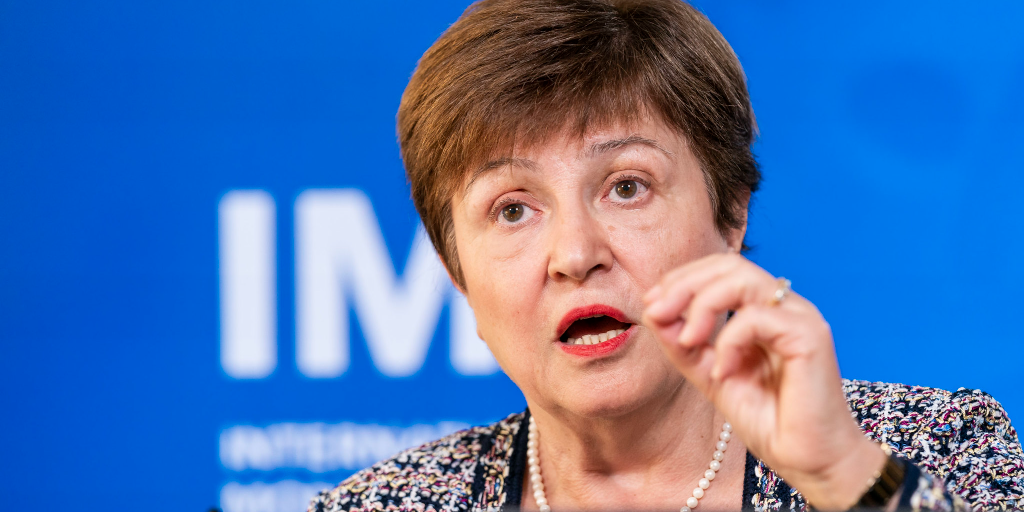Egypt and the International Monetary Fund (IMF) are in the final stages of discussions concerning the continuation of the country’s loan programme, Managing Director Kristalina Georgieva revealed on 2 February.
“We are in this very last stretch when we are working on the details of implementation… We are very close. So we are not talking about a long protracted period at all,” Georgieva stated in a media roundtable published on the IMF’s website.
Georgieva’s comments came following the conclusion of a two-week-long visit from an IMF delegation to Cairo, which focused on finalising the first and second reviews of Egypt’s reform programme supported by the IMF’s Extended Fund Facility (EFF) loan in December 2022.
The managing director expressed understanding and sympathy towards Egypt’s ongoing economic crisis, emphasising the severe challenges brought upon by the impacts of COVID-19, Russia’s invasion of Ukraine, the Sudanese civil war, and the war on Gaza.
“This is one of the top issues for us, how we can best support Egypt in this very difficult time. Needless to say, for the Egyptian people, but also for regional stability,” Georgieva remarked, acknowledging the impact an IMF loan could have on Egypt’s population and regional stability.
“The problems Egypt is dealing with are complex, so it requires us to thoughtfully and thoroughly go to how best to address them. And we are making very significant progress in that regard,” she added.
Georgieva also highlighted significant losses for Egypt during these times, amounting to “hundreds of millions of dollars”, particularly through the decrease in Suez Canal revenues amid Houthi attacks on ships in the Red Sea.
In December 2022, the IMF approved a four-year USD 3 billion (EGP 89.3 billion at the time) EFF loan program for Egypt, with expectations of expansion to USD 10 billion (EGP 308 billion). The program’s first and second reviews faced delays due to global and regional geopolitical tensions.
Georgieva declined to provide details on the potential increase to the loan, as reported by media outlets in the past weeks.
Under the EFF agreement in 2022, Egypt committed to implementing flexible interest and exchange rates, privatising several state-dominated sectors, and reducing debt and inflation rates to pre-pandemic levels.
Since then, the country has struggled to effectively implement any of the agreed reforms, causing an extensive delay in the first and second loan reviews.
On Thursday, the Central Bank of Egypt (CBE) raised key interest rates by two percent (200 bps), thought of by analysts as a preemptive decision to expedite the imminent devaluation of the Egyptian Pound needed for the incoming IMF loan package.
Since March 2022, the Egyptian government has devalued its currency three times, resulting in a depreciation of around 70 percent against the US dollar.
The US Dollar is currently traded for around EGP 53 on the black market (a steep drop from last week’s EGP 70), while the official exchange rate remains at approximately EGP 31 per dollar.
Subscribe to the Egyptian Streets’ weekly newsletter! Catch up on the latest news, arts & culture headlines, exclusive features and more stories that matter, delivered straight to your inbox by clicking here.







Comments (3)
[…] IMF ‘Very Close’ to New Loan Agreement with Egypt: Georgieva Egyptian Streets […]
[…] post IMF ‘Very Close’ to New Loan Agreement with Egypt: Georgieva first appeared on Egyptian […]